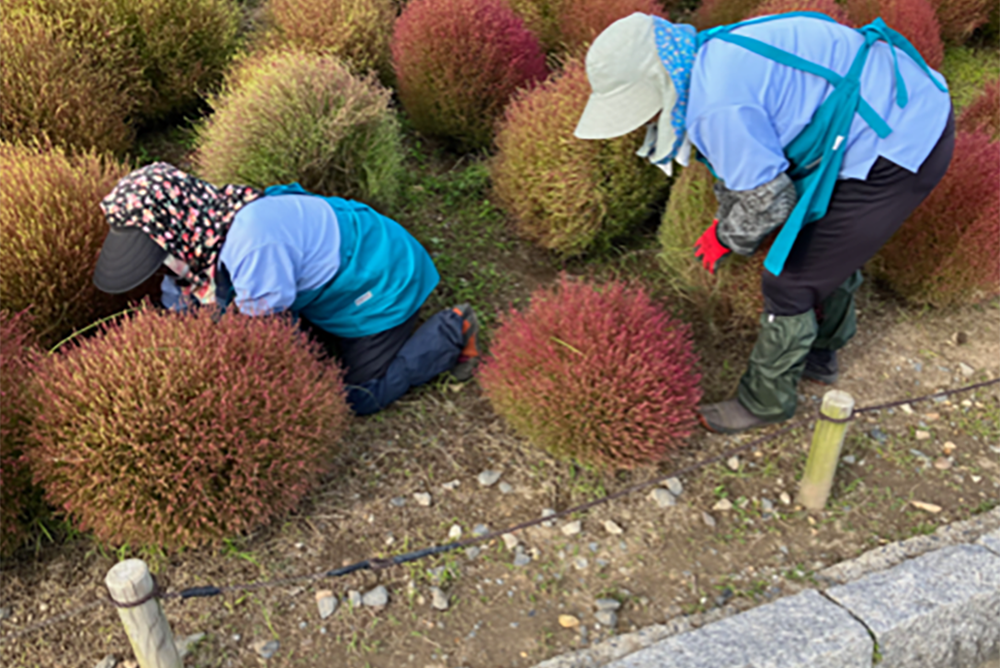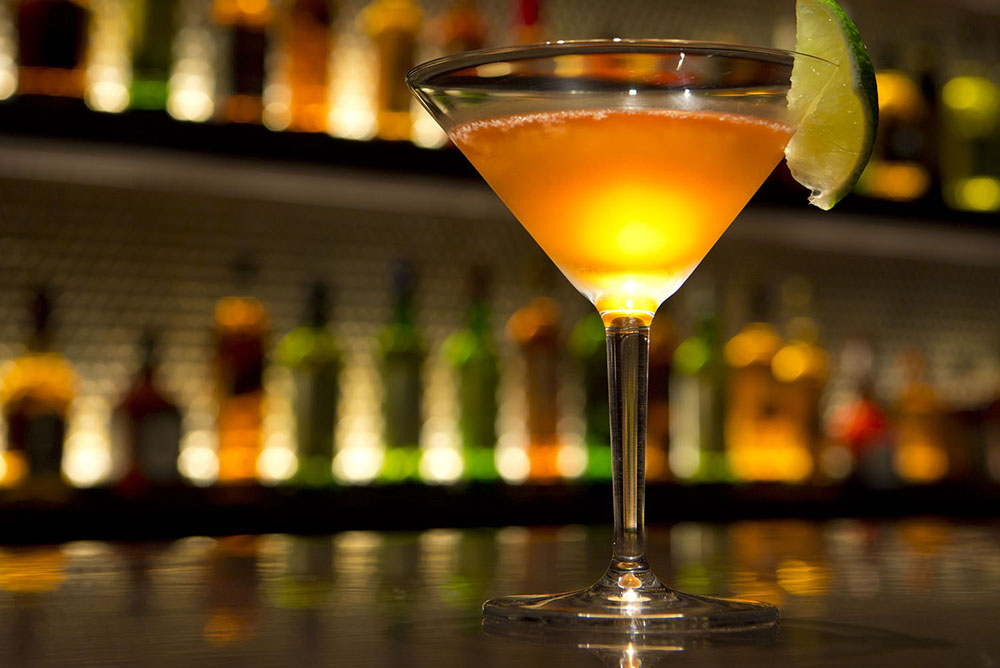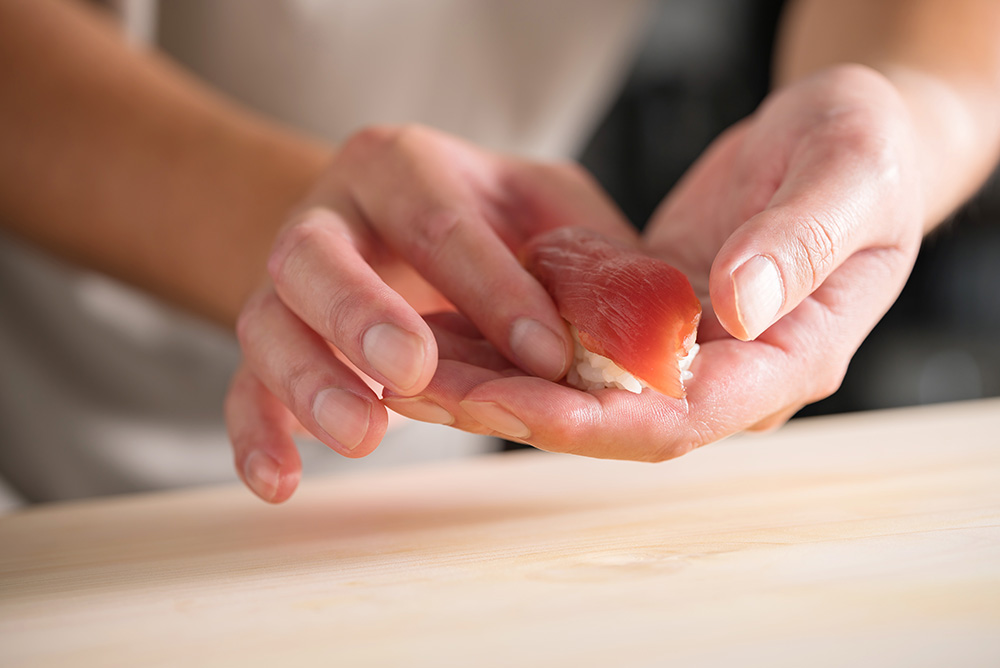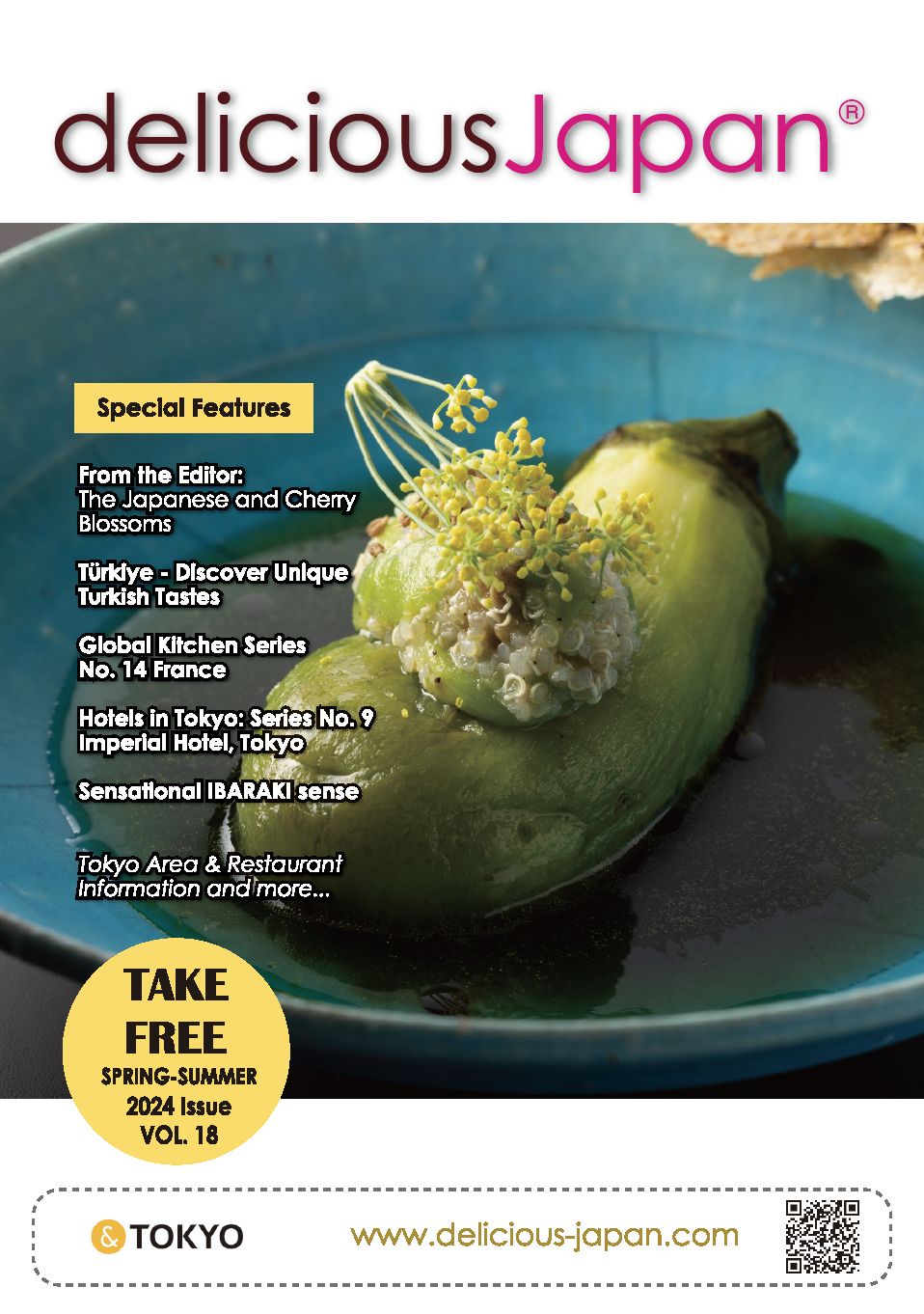Kagawa Nutrition University, a university that practices the "science of food and nutrition"

Akio Kagawa
Chairperson, Board of Educational Corporation Kagawa Nutrition Academy
President, Kagawa Nutrition University and Junior College of Kagawa Nutrition University
Principal, Kagawa College of Culinary and Confectionery Arts
Katei Shokuyo Kenkyukai (The Society for the Study of Home Dietetics), the predecessor of Kagawa Nutrition University, was founded in 1933. The founder, Aya Kagawa, devoted herself to the research of germ rice and its popularization to cure and prevent beriberi, which was considered an incurable disease that claimed many lives. To create a society where people do not get sick, she created a university for nutritional science and worked to train expert professionals in the field. We were able to interview Akio Kagawa, President of Kagawa Nutrition University, which pursues the "science of food and nutrition."
The founding spirit of this university is "to maintain and improve human health through food." Today, there are many universities and colleges where students can study nutrition and food science. What makes Kagawa Nutrition University stand out from other schools?
The founders of our school, Shozo and Aya Kagawa, were both physicians and sympathized with the aspiration of their former teacher, Professor Junjiro Shimazono (then at Tokyo Imperial University School of Medicine), that "the mission of a physician is to stop people getting sick before curing them." They started the Katei Shokuyo Kenkyukai, the predecessor of our school. Their idea of nutrition positioned it as preventive medicine, which set them apart from everyone else.
One of Aya's major characteristics was her continued emphasis on the importance of cooking and preparation techniques. Her efforts are exemplified by the recipes, measuring cups, and spoons that she spread around the world, the dietary method called the 4 Food-group Scoring Method, and the monthly magazine Nutrition and Cooking, which celebrates its 89th anniversary this year. We call it "practical nutrition."
In addition, to embody the founding spirit of "to maintain and improve human health through food," we emphasize practical implementation. As part of that, we focus on social contribution alongside education and research. Currently, we have 143 agreements for industry-government-academia collaboration, and a variety of initiatives are underway. I believe that practical implementation is unique to this university.
What do you think are the issues and problems surrounding food facing Japan today? What role can Kagawa Nutrition University play or contribute to addressing these issues and problems?
We live in a super-aged society today, and increasing medical treatment and nursing care costs are a major social issue. While dietary education for children is, of course, important, it is necessary to address the elderly, too, and most importantly, to improve the quality of life of each individual through food.
Since school lunches in which nutritionists and dietitians are involved are only available up to junior high school, people rarely have the opportunity to eat meals under the guidance of a dietitian over the next 50 years, from graduation from junior high school to retirement age. It is the repetition of daily meals from a critically young age, but we are in a state of reckless inattention to food during that time. What should we do? Each individual must have the power of choice regarding food.
In addition, the SDGs and food issues in Japan need to be addressed. Japan currently relies on foreign imports for 62% of its food on a calorie basis. We do not know if we will be able to source food from foreign countries in the future as we do now. It is important to look decades ahead and consider the futures of today's children.
Our University provides guidance and information to a wide range of audiences. We have also focused on providing lifelong learning opportunities, such as the Home Cooking Certification Test and on-demand distance learning. We believe that what we have been thinking and doing since our founding and what we are doing now to embody our founding spirit can solve the issues surrounding food and health.
What do you emphasize most in educating students? What kind of students are you trying to develop?
Our school has a graduate school, a university, a junior college, and a confectionery school, each conducting education and research under its policies. But they all have one thing in common: to learn and refine basic and practical skills and continue to demonstrate higher research skills.
From the 2025 academic year, the Kagawa Nutrition University, Undergraduate School of Nutrition Sciences, Department of Health and Nutrition, will rename its Division of Nutrition Sciences to Division of Nutrition Innovation. The evolution of AI and the Internet has drastically changed society and lifestyles, creating new values in food and health. This is a response to an era in which social issues are becoming increasingly complex, requiring personnel with expertise and skills to help solve them.
We want to develop students who can respond wisely to the times, learn more about food, and acquire the ability to put their knowledge into practice because these are the students who will be essential in society and who will be able to meet its needs.
What kind of workplaces and situations are your graduates active in?
The Department of Applied Nutrition, the dietitian training program at Kagawa Nutrition University, continues to record the highest number of students passing the national dietitian exam in Japan. In addition, our passing rate for the national clinical technologist examination beats the national average, and the hiring rate of our students as school nurse teachers and home economics teachers is also among the highest in Japan. We can deliver the career paths students want, such as obtaining the qualifications they seek, finding jobs, or entering graduate school.
Many food-related jobs are available in many places, including hospitals, health centers, welfare facilities, general jobs in companies, development jobs, sales jobs, civil servants, school teachers, and others. The success of our previous graduates has positively impacted the employment of students who follow in their footsteps.
Does Kagawa Nutrition University have any events or exchanges with overseas countries through food? Do you have any plans or vision?
Food is culture. The culture of washoku (Japanese food) is spreading worldwide, and food cultures worldwide are coming to Japan. Food supply is not something that can be accomplished within a single country. In that sense, in our educational and research activities at this university, we are constantly aware of our connection to the world.
We have partnerships with seven Southeast Asia and Oceania institutions to promote international exchange and academic exchange of faculty and students.
Most of the international students we welcome at our university are graduate students. Nine students were accepted this year. In some countries where these international students come from, there are no institutions of higher learning for nutritional science, and they are asked to bring their knowledge back to their home countries. As those students help to disseminate what they've learned, our university's practical nutrition is spreading to the world. In addition, we plan to increase the number of overseas affiliated schools in Indonesia and Malaysia to increase our intake of international students.

Measuring cups and spoons popularized by founder Aya Kagawa

Sakado Campus

Komagome Campus

Mascot characters representing measuring cups, measuring spoons, and recipe cards (From left to right: Cuppy, Spooney, Recipie)





